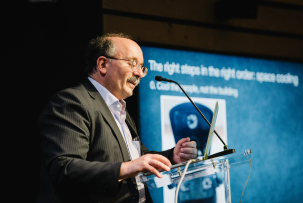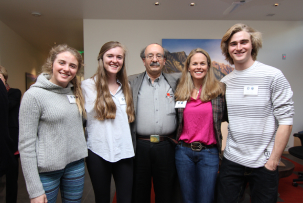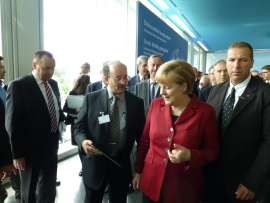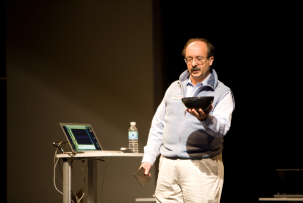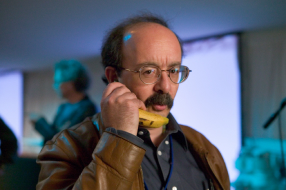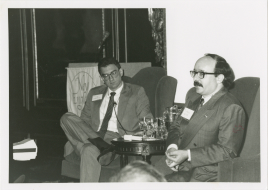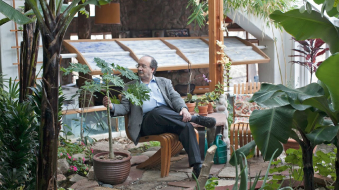Revisiting Applied Hope
On the eve of a major US political transition and geopolitical shifts globally, Amory Lovins explores why Applied Hope is as relevant today as it has ever been, and how it will continue to guide RMI in the years ahead.
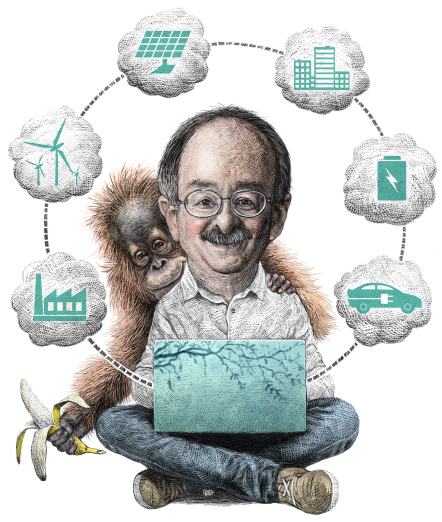
Amory B. Lovins is known as the Einstein of energy efficiency. His earth-shaking ideas on energy security, efficiency, and renewables have changed the field for more than 40 years. His thoughts continue to change hearts and minds today. He is the cofounder and chairman emeritus of RMI and an adjunct professor at Stanford University. This page highlights spotlights his current and foundational work.
Original illustration by Ricardo Martinez. The thoughts and ideas expressed on this page are Amory’s alone and don’t necessarily reflect those of RMI broadly.On the eve of a major US political transition and geopolitical shifts globally, Amory Lovins explores why Applied Hope is as relevant today as it has ever been, and how it will continue to guide RMI in the years ahead.
Your questions answered by RMI cofounder Amory Lovins
The Ukraine crisis shows that we must now act with speed, agility, coordination, and an integrated vision to create a prosperous climate-safe and energy-secure world.
Claims that it’s immensely destructive if not impossible to find enough minerals to make all the batteries that a global fleet of EVs will need are often exaggerated. They can become manageable if we include solutions often overlooked.
How renewable energy and new methods of energy management and storage can lead to a clean, reliable electricity grid.
In this decade, a rich stew of new technologies, materials, design methods, financial techniques, and business models, along with smart policies and aggressive investments, could revitalize, relocate, or displace some of the world’s most powerful industries.
Transforming the “harder-to-abate” sectors of heavy transport and industrial heat Is not uniquely hard and can be lucrative.
A transcript of Amory's address for Pivot2020, a geothermal energy event hosted by the Geothermal Entrepreneurship Organization at the University of Texas at Austin and the International Geothermal Association.
In this landmark piece from 1976, Amory Lovins describes the two energy choices then facing the nation.
This synopsis of Natural Capitalism: Creating the Next Industrial Revolution was published in Harvard Business Review.
Built on 30 years of practice, Reinventing Fire roadmaps how to run a 158%-bigger US economy in 2050 needing no oil, coal, or nuclear energy — $5 trillion cheaper.
Amory Lovins outlines RMI's fundamental concept of “Applied Hope.”
“What will be your legacy? When your shareholders in this decade, and later your grandchildren in your retirement, ask what you did to meet humanity’s supreme energy challenge, how will you answer?”
- Amory Lovins
AI, Energy and Climate Podcast
Andlinger Center for Energy and the Environment
Scientific American
Energy Intelligence
Scientific American
Bulletin of the Atomic Scientists
Climate & Capital
IOP Science, Research Letter
The Electricity Journal
The Christian Science Monitor
